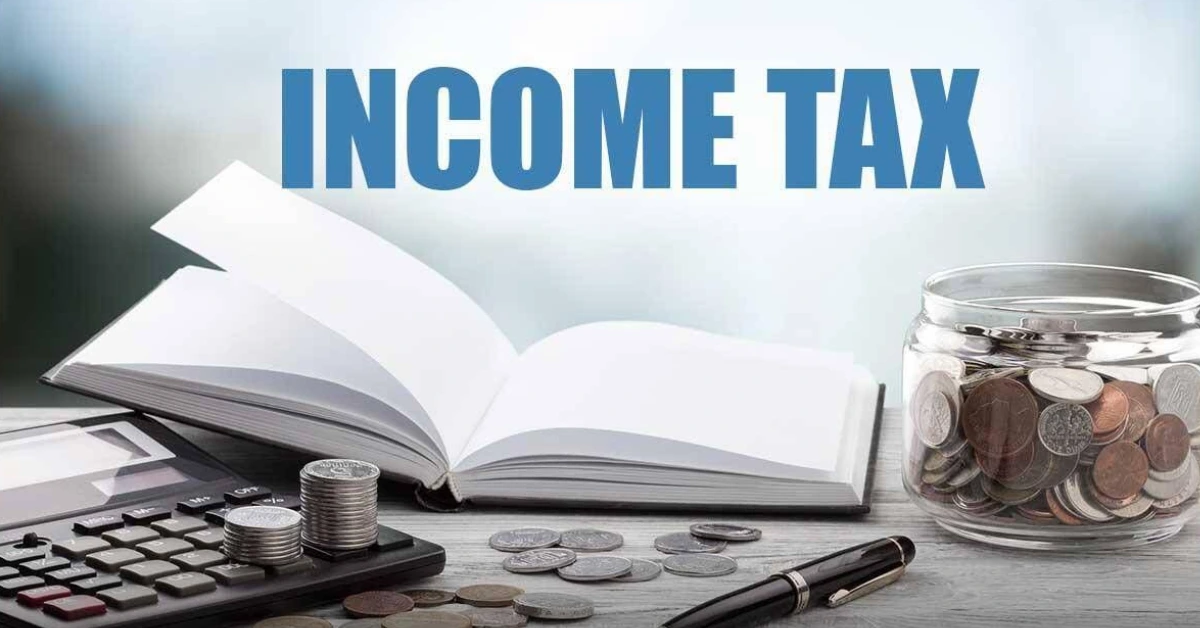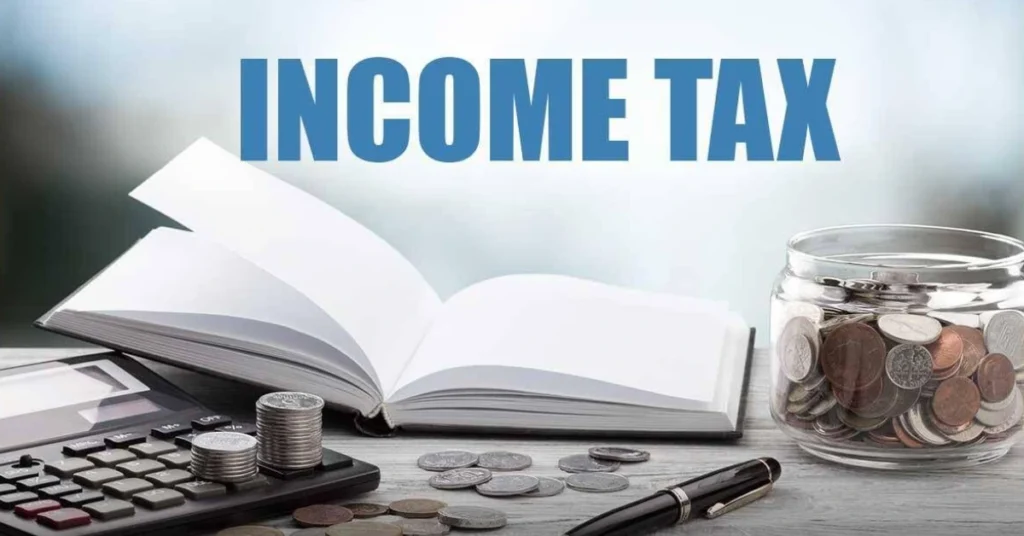If you are an investor in the Indian stock market or equity mutual funds, it is essential to understand Section 112A of the Income Tax Act. Introduced as part of the Finance Act in 2018, this section specifically deals with the taxation of long-term profits, known as capital gains, that you earn from your equity investments. Before 2018, these gains were entirely tax-free. This guide will break down this important law in simple terms, explaining the tax rate, exemptions, and how to calculate your tax liability.
Section 112A of the Income Tax Act – Quick Information
Here’s a quick summary of the key features of this important tax section that every equity investor should know.
| Attribute | Description |
|---|---|
| Tax Rate | 10% (plus applicable surcharge and cess). |
| Exemption Limit | Long-term capital gains up to ₹1 lakh in a financial year are completely exempt from tax. |
| Applicable Assets | Listed equity shares, units of equity-oriented mutual funds, and units of a business trust. |
| Holding Period | The assets must be held for more than 12 months to qualify as long-term. |
| Key Condition | Securities Transaction Tax (STT) must have been paid at the time of purchase and sale. |
Applicability of Section 112A
This tax rule is not for all types of investments; the section 112A of income tax act applicability is very specific. It applies only when all the following conditions are met.
Unbeatable Price 5-Star Rated Partner! 2200+ Shades! Top Quality Paint Free Cancellation!

Get a rental agreement with doorstep delivery

Find the BEST deals and get unbelievable DISCOUNTS directly from builders!

5-Star rated painters, premium paints and services at the BEST PRICES!
- The profit must be a Long-Term Capital Gain (LTCG), meaning the asset was held for more than 12 months.
- The gain must come from the sale of a listed equity share, a unit of an equity-oriented mutual fund, or a unit of a business trust.
- The sale and purchase of these assets must have been subject to the Securities Transaction Tax (STT).
What Gains are Taxed Under Section 112A?
This section taxes the long-term capital gains from the sale of specific equity-related assets. This means if you buy shares of a company listed on a recognised stock exchange, hold them for over a year, and then sell them for a profit, that profit is taxed under the rules of Section 112A of the Income Tax Act. The same rule applies to your investments in equity mutual funds.
Exemptions, Deductions, and Tax Rate Under Section 112A
The section was designed to tax long-term gains without heavily burdening investors, so it includes a significant exemption and a reasonable tax rate.
| Particular | Provision under Section 112A |
|---|---|
| Basic Exemption | The first ₹1 lakh of your total long-term capital gains in a financial year is completely tax-free. |
| Tax Rate | Any gain above the ₹1 lakh exemption limit is taxed at a flat rate of 10% (plus surcharge and cess). |
| Deductions (Chapter VI-A) | You cannot claim deductions like those under Section 80C of Income Tax Act against these gains. |
| Indexation Benefit | The benefit of indexation (adjusting purchase price for inflation) is not available for gains taxed under this section. |
Key Conditions to Claim 112A Benefit
To ensure your gains are taxed at the concessional 10% rate and you get the ₹1 lakh exemption, a few conditions must be met.
- The asset must be a long-term capital asset (held for more than 12 months).
- The asset must be a listed equity share, equity mutual fund unit, or business trust unit.
- Securities Transaction Tax (STT) must have been paid at the time of both purchase and sale (for shares).
- The sale must be executed through a recognised stock exchange in India.
Grandfathering Clause for LTCG Before 31st January 2018
This is a special rule to protect the profits investors earned before this tax was introduced on February 1, 2018. It ensures that any gains made up to January 31, 2018, remain tax-exempt. Example: Suppose you bought shares for ₹100 in 2016. On Jan 31, 2018, their market price was ₹150. You sell them in 2025 for ₹200. For tax calculation, your purchase price will be considered ₹150 (the higher of actual cost and the price on Jan 31, 2018). Your taxable gain is only ₹50 (₹200 – ₹150).
Computation of Capital Gains Under Section 112A
Section 112A of Income Tax Act calculation is straightforward once you have determined the correct cost of acquisition, keeping the grandfathering rule in mind. The formula and an example are shown below.
Formula: Long-Term Capital Gain = Full Sale Price – (Cost of Acquisition + Cost of Transfer)
Section 112A of the Income Tax Act Example:
- An investor sells 1,000 shares of a company in May 2025 for ₹500 per share. Total Sale Value = ₹5,00,000.
- These shares were bought in 2015 at ₹80 per share. Actual Purchase Cost = ₹80,000.
- The highest price of the share on January 31, 2018, was ₹200 per share. Fair Market Value (FMV) = ₹2,00,000.
Calculation Steps:
- Step 1: Determine the Cost of Acquisition: Compare the actual cost (₹80,000) and the FMV (₹2,00,000). The higher value is ₹2,00,000. This is your new “grandfathered” cost.
- Step 2: Calculate the Capital Gain: LTCG = ₹5,00,000 (Sale Price) – ₹2,00,000 (Grandfathered Cost) = ₹3,00,000.
- Step 3: Apply the Exemption: Taxable LTCG = ₹3,00,000 – ₹1,00,000 (Exemption) = ₹2,00,000.
- Step 4: Calculate the Final Tax: Tax Payable = 10% of ₹2,00,000 = ₹20,000 (plus cess).
Section 112A vs Section 10(38): What Changed?
The introduction of Section 112A of the Income Tax Act 1961 was a major amendment that replaced the earlier Section 10(38). Here is a simple comparison of what changed for investors.
| Basis | Section 10(38) (Before April 1, 2018) | Section 112A (From April 1, 2018) |
|---|---|---|
| Taxability | Long-term capital gains from equity were completely exempt from tax. | Gains are taxable. |
| Tax Rate | Not Applicable (0% tax). | 10% on gains exceeding ₹1 lakh. |
| Exemption | The entire gain was exempt from tax. | A basic exemption of ₹1 lakh per year is available. |
| Grandfathering | Not Applicable. | Gains up to January 31, 2018, are protected from tax. |
When and How to Pay Tax Under Section 112A?
The tax on these long-term capital gains is not deducted automatically (like TDS on a fixed deposit). As an investor, you are responsible for calculating and paying it.
- You must calculate your total LTCG under this section after the financial year ends on March 31.
- This gain must be declared in your Income Tax Return (ITR) under the “Capital Gains” schedule.
- The tax due must be paid as “Self-Assessment Tax” before you file your ITR.
- For a detailed guide, you can refer to our article on How to File an ITR.
Documents Required for LTCG Calculation
To accurately calculate your gains and for your records, it is important to keep the following documents.
- The annual Capital Gains Statement is provided by your stockbroker or mutual fund house.
- Contract notes for all your share purchases and sales.
- Your bank statements reflect the sale and purchase transactions.
How NoBroker Can Help with Legal Services
Understanding what is Section 112A of the Income Tax Act is the first step. However, correctly calculating the gains, especially with the complexities of the grandfathering clause, and accurately reporting them in your ITR can be challenging. NoBroker’s network of verified tax professionals can provide expert legal and advisory services to help you navigate these tax filings, ensuring your calculations are accurate and you remain fully compliant with the law.
Frequently Asked Questions
Ans: Yes, Section 112a of the Income Tax Act for non-resident individuals is the same as for residents. The 10% tax rate and the ₹1 lakh exemption apply equally to NRIs.
Ans: No, the benefit of indexation (adjusting the purchase price for inflation) is not available for calculating long-term capital gains that are taxed under Section 112A.
Ans: Section 112A is specifically for listed equity shares and equity funds. Section 112 applies to other long-term assets like unlisted shares, property, and debt funds, where indexation benefits are often available.
Ans: Yes, a long-term capital loss from equity can be set off against a long-term capital gain from any asset. If unutilized, it can be carried forward for up to 8 years.
Ans: Yes, the exemption of ₹1 lakh on long-term capital gains under Section 112A is available for each financial year.
Loved what you read? Share it with others!
 Vivek,Author
Vivek,Author
With over 23 years of experience in Real Estate, and an architecture degree, Vivek is here to help others buy/sell or rent the right way. Through his writing you will find out what people look for, and what you can do to get the best out of your home, and also how to get the best for your home.
Source link




